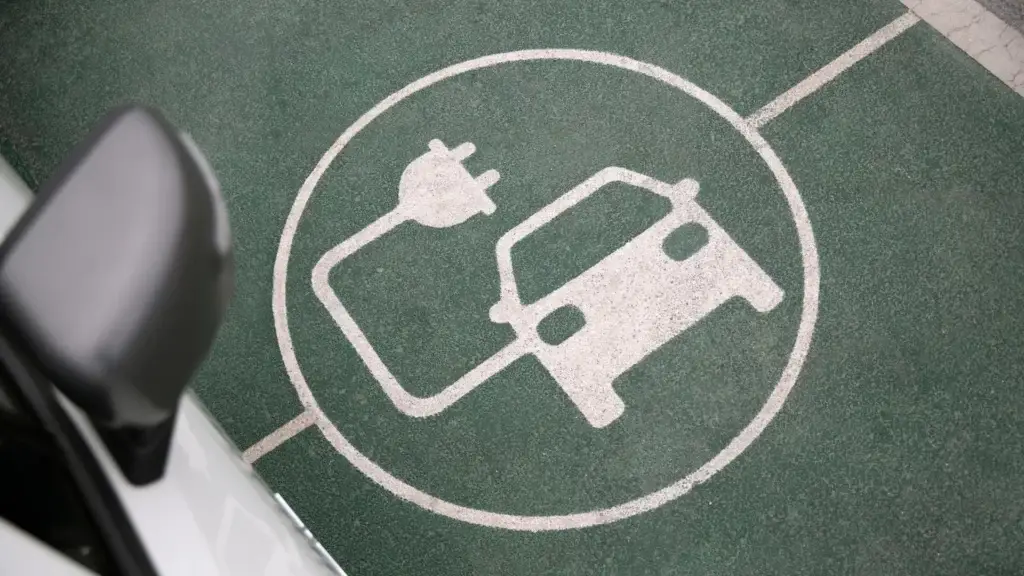Home > All about benefits in kind for electric vehicles
All about benefits in kind for electric vehicles
With the growing popularity of electric vehicles and the objectives of the energy transition, more and more companies are integrating electric cars into their fleets.
Whether in the form of a company car or a company vehicle, these cars are often made available to employees, generating what is known as a benefit in kind.
But the good news is that electric vehicles benefit from particularly advantageous tax measures, which considerably reduce the cost for employers and employees.
Find out all you need to know about the benefits in kind associated with electric cars in 2025, tax allowances, applicable exemptions and what's new.
Table of contents
What is a car benefit in kind?
A benefit in kind is a good or service provided by the employer to an employee free of charge or at a price lower than the market price. In the case of vehicles, this corresponds to the personal use of a car provided by the employer, including the associated costs (maintenance, fuel, etc.).
This benefit must be declared and subject to income tax and social security contributions. Except in the case of an electric vehicle, in which case the rules are much more attractive.
Tax benefits for electric cars in 2025
1. Allowance on benefit in kind: 70 %
Since 1 February 2025, the allowance applicable to AEN for electric vehicles has increased from 50 % to 70 %.
Annual ceiling raised to €4,582 (from €1,800).
The vehicle must have a favourable eco-score (an environmental criterion calculated by the government).
2. Exclusion of top-up charges
Electricity costs for recharging (at home or at work) paid by the employer are not taxable.
The same applies if the employer finances the installation of a home charging point: this cost is not included in the NEA calculation.
3. Exemption from TVS
The 100 % electric cars are completely exempt from Company Vehicle Tax (TVS), a major saving for the company.
4. Duration of the measures
These measures are valid until 31 December 2027, which gives visibility over several years to anticipate costs.
Changes for internal combustion vehicles
While electric vehicles are becoming more advantageous, the advantages of combustion vehicles (petrol/diesel) are diminishing:
- For a car made available from 1 February 2025, the AEN is now calculated on 15 % of the purchase price (compared with 9 % previously).
- The aim is to make combustion vehicles less attractive from a tax point of view than electric vehicles.
In a nutshell: Why is it a real plus for employees and employers?
For the employee :
- Less tax to pay
- Possibility of using a more upmarket vehicle
- Silent driving, zero emissions
For the employer :
- Reduction in social security contributions
- A stronger eco-responsible image
- TVS exemptions and reduced taxation
Resources on the taxation of electric mobility








